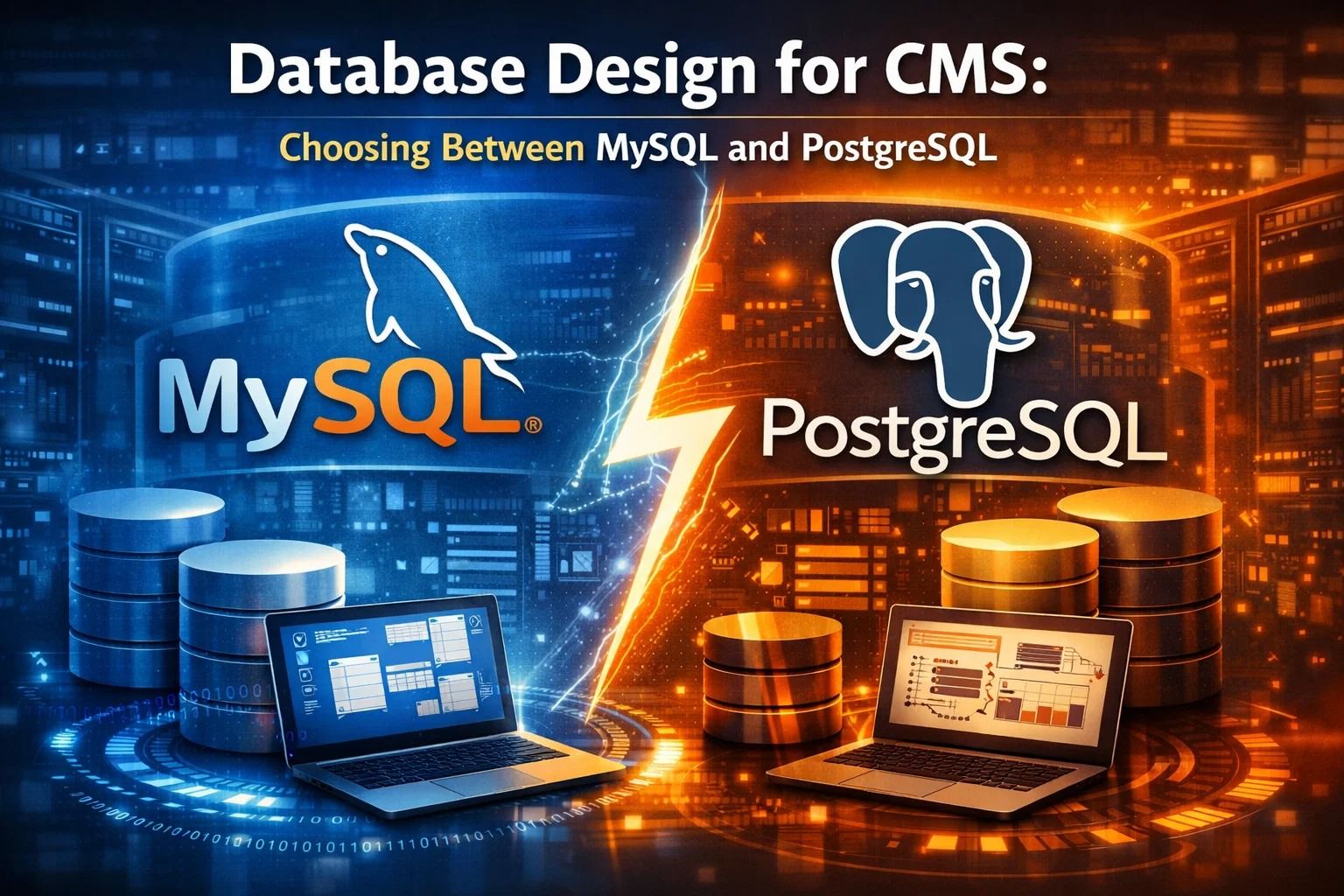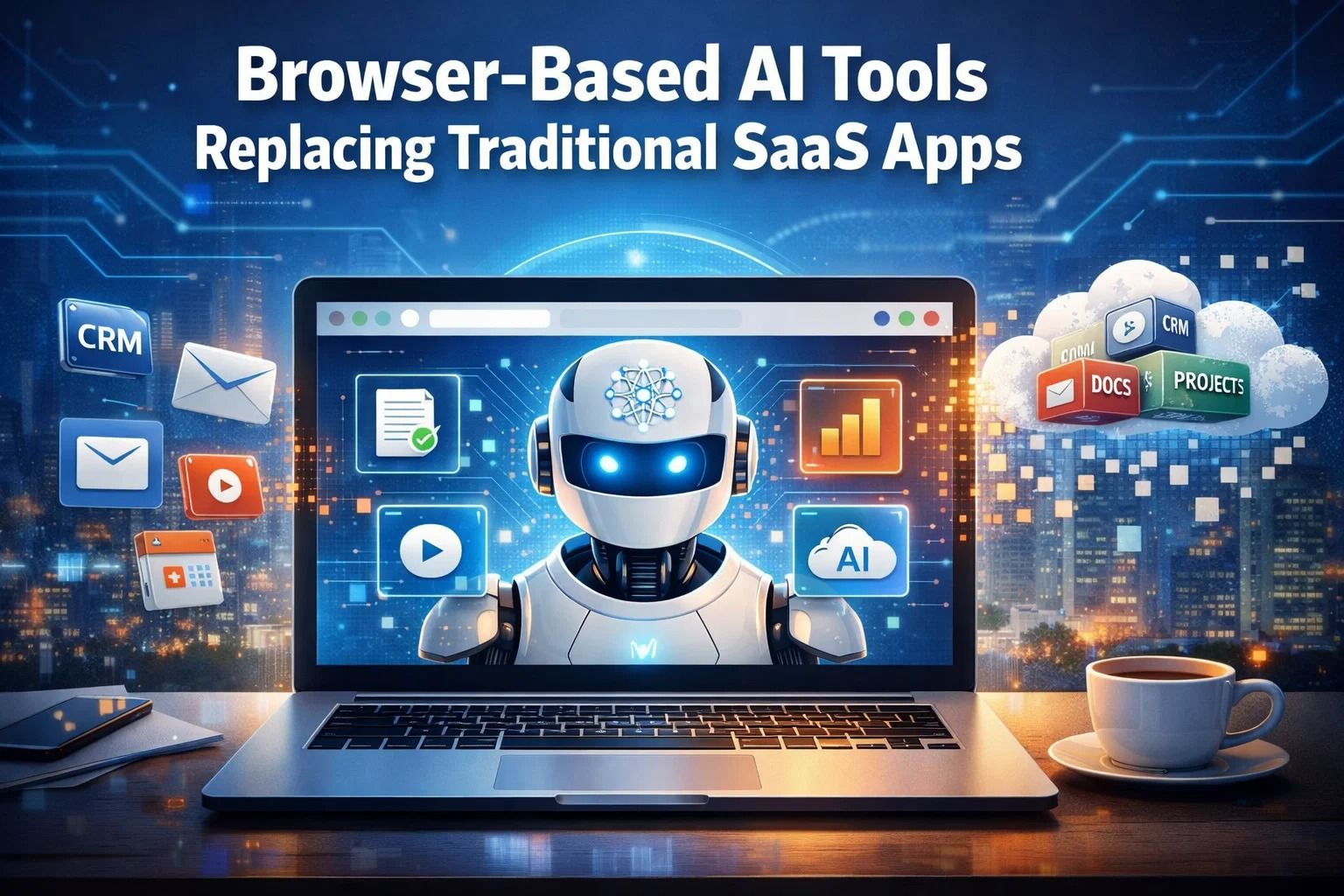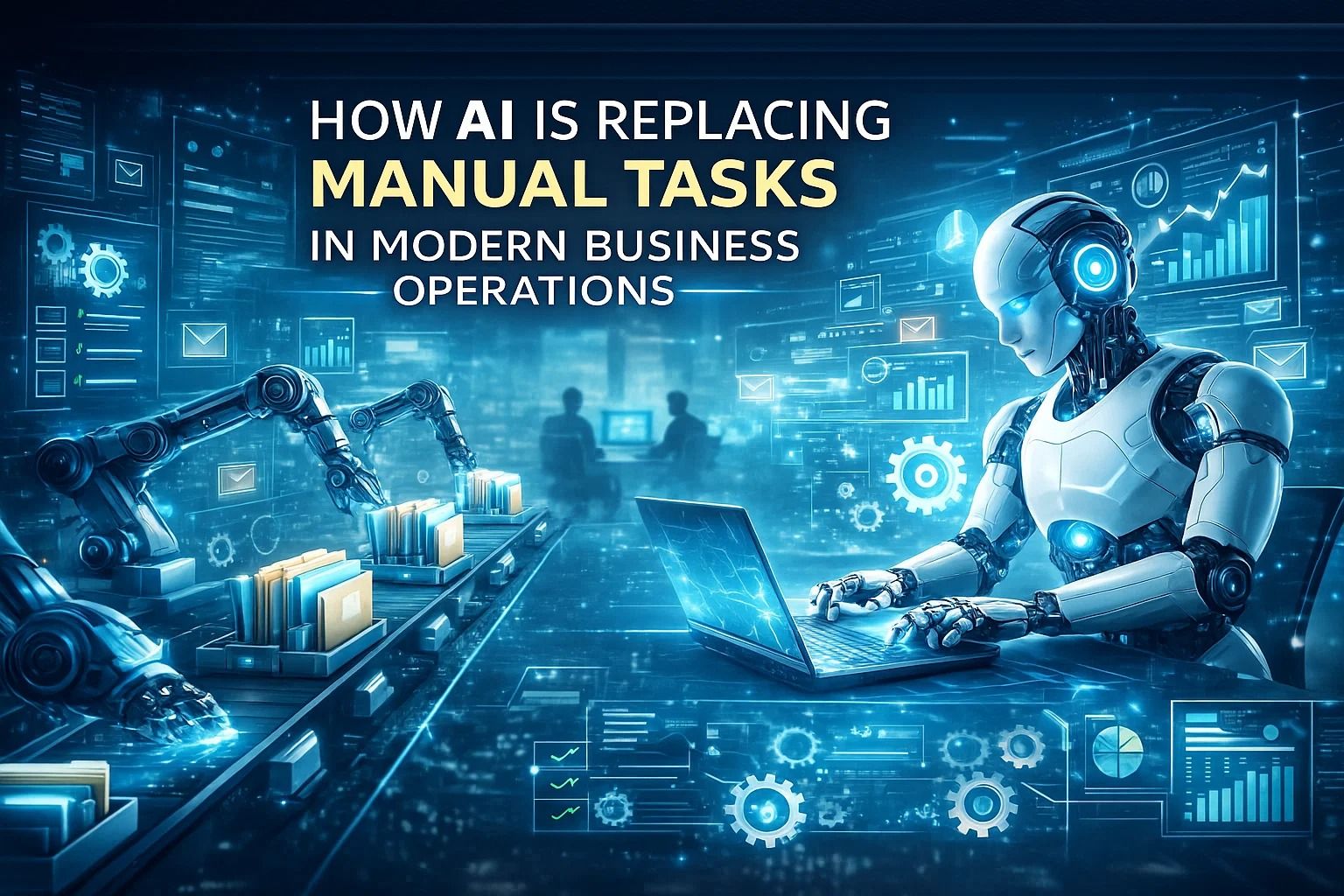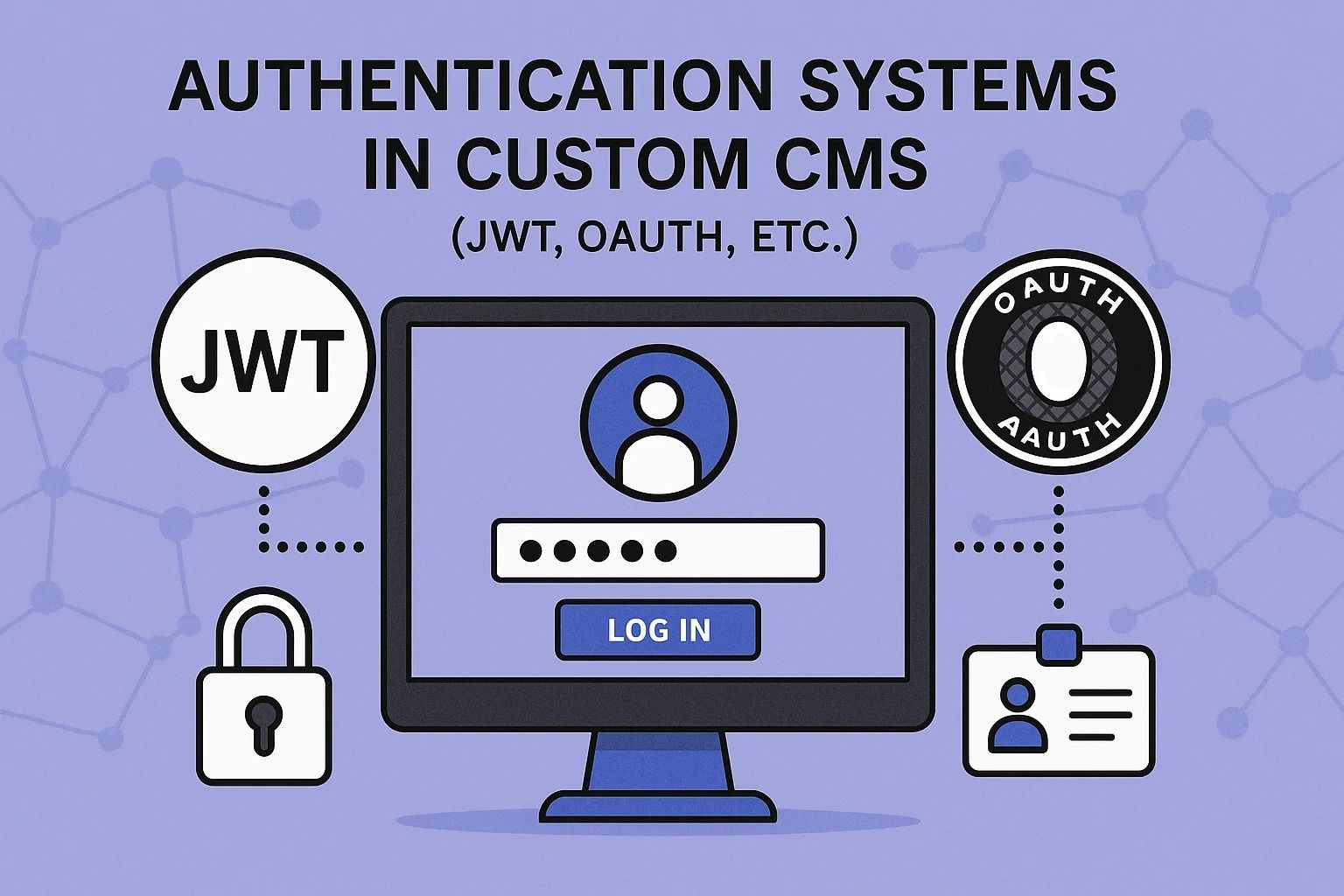
NLP in Customer Support Automation: Enhancing Service with AI in 2025
Natural Language Processing in Automation of Customer Support: An Overview
Customer support has seen a tremendous evolution in recent years. As companies transition to online platforms and digital-first interactions reign supreme, being able to offer fast, customized, and effective support is no more a choice—it is a necessity. At the forefront of this development is Natural Language Processing (NLP), a discipline of artificial intelligence that allows machines to comprehend and manipulate human language.
NLP enables organizations to offer 24/7 services, lower operating expenses, and provide human-like interactions at scale.
Old-fashioned chatbots that operated using inflexible procedures and fixed scripts are now a thing of the past. Today's NLP-powered systems can understand the customer's intentions, pick up on emotions, and adapt after every conversation. This capability allows businesses to shift from transactional-based interactions to relationship-based experiences. Research suggests that with automation based on NLP, companies can solve up to 70% of routine queries on their own without involving any humans, allowing agents to spend their time on complex problems.
The Importance of NLP for Customer Support
- Scalability: Handle thousands of customer queries simultaneously without compromising quality.
- Context Awareness: NLP tools understand variations in linguistic style, colloquialisms, and even typographical errors.
- Personalization: Systems can process customer history to recommend replies that resolve the specific concern.
- Multilingual Support: NLP assists with the translation and processing of text in real-time, making it easier to defy linguistic barriers.
If a customer says, “Where’s my parcel?" or "I can’t track my order anymore,” an NLP-driven system sees both as identical requests and delivers the perfect solution. This decreases customer dissatisfaction and creates a deeper bond between the customer and the organization.
Key Figures Concerning NLP in Customer Support
- More than 80% of companies experiment with or utilize automation with NLP in their support.
- Chatbots powered by NLP decrease reply times by up to 90% when compared with the efficiency of traditional call departments.
- Client satisfaction rises with 25–30% when AI-powered integrated support systems are being implemented.
Companies often integrate these NLP systems with existing systems harnessing CRM tools and knowledge bases. This implies the customer query will be managed faster while the response will be correct every time. This approach merges automation with fast securing of data and knowledge connectivity—all success-loops are created by automated and accurate frameworks, which drive organizations to experience efficiency growth and increased customer loyalty.
For those interested in the extended journey of technology adoption in businesses, read our comprehensive guide on Tech Business Trends 2025, discussing how automation, AI, and technology-driven changes redefine businesses.
Challenges in the Early Adoption of NLP
Even though NLP offers numerous advantages, there are still challenges when adopting this discipline. Training a model with NLP requires vast amounts of data, and the language customers use can have a very high contextual dependence or can be related to a certain culture. For example, jokes, sarcasm, or sayings are things that machines still struggle to cope with. Companies need to think in terms of continuous improvement, by measuring the accuracy of their systems, and how much the automation mirrors the logo's tone and empathizes with their subject of expertise.
Another challenge for businesses lies in data privacy. Customers desire fast replies, but they wish to know that their data won’t be shared for other purposes. Thus, businesses need to find an optimal point between being personal and compliant. These are constant acts for organizations implementing NLP-driven systems.
Companies must comply with GDPR, CCPA, and other laws concerning data confidentiality while implementing NLP systems.
In conclusion, NLP is no more a futuristic concept—it is becoming an industry standard in customer support approaches. As we move on to 2025, the NLP role will become stronger, giving the possibility for companies to offer faster, smarter, and more empathetic service interactions.
Major Advantages of Using NLP in Customer Support Automation
Natural Language Processing (NLP) isn't just a trendy buzzword in 2025, but it's becoming the fundamental technology behind how companies deliver fast, accurate, and even personalized support. By enabling the machine to understand and manipulate human words and sentences, NLP enables businesses to develop their customer service without compromising their service quality.
Core Benefits of NLP in Support
- 24/7 accessibility: NLP-based chatbots provide instant support at any time of the day or night. They do not eliminate wait times completely, but they do ensure coverage around the clock, helping to develop global businesses.
- Cost savings: Automating repetitive queries means relying less on a large support team, allowing staff members to devote their effort to cases that require complex problem solving.
- Consistency: Unlike human agents who can vary in terms of response and overall tone-of-voice in their support messages, a system with NLP can ensure a completely uniform level of service and tone.
- Personalized support: Based on contextual understanding, NLP tools can customize answers based on previous customer history and ensure customer satisfaction.
- Scalability: Whether you have three customers or 3,000, NLP systems can handle thousands of simultaneous conversations, unlike a human-driven approach.
One area in which NLP shines is in intelligent ticket routing. This involves analyzing customer queries to automatically categorize and prioritize issues, so urgent problems receive timely solutions. Another typical use case is sentiment analysis, where NLP helps companies detect frustration or dissatisfaction and react accordingly.
For companies that are just getting started with their automation processes, NLP-powered solutions offer a nice balance between offered efficiency and customer satisfaction and are a step above basic rule-based chatbots.
We've already discussed how critical business metrics can help company entrepreneurs grow their businesses. In the same way, knowing the benefits of NLP now empowers tech masterminds to focus on tools that produce tangible changes in front-facing departments.
Leveraging NLP for Customer Support: Effective Strategies and Case Studies
Implementing NLP in customer support goes beyond simply deploying a chatbot. Success hinges on the following: integrating the appropriate tools, developing models based on industry-specific data, and striking a balance between automation and human guidance.
Approaches for NLP Deployment
- Begin Gradually: Automate the most common FAQs and repetitive inquiries first, then grow towards complex initiatives.
- Ensure the Use of Superior Data: NLP models are best trained based upon customer conversations, industry-specific jargon, and multilingual datasets to ensure accuracy.
- Uphold Human Passage: Should there be a need, facilitate a seamless transition from chatbot to live agent for instances that require empathy or complex problem resolution.
- Endeavor to Enhance: Utilize analytics to monitor the performance of NLP, updating models to reduce error over time.
- Act with Privacy in Mind: Implement data protection practices given that NLP tools are often tasked to interpret sensitive customer data.
Multiple companies demonstrate operational transformations via NLP. For example, e-commerce websites use NLP tools to regulate thousands of inquiries during seasonal sales. Telecom companies leverage NLP for guiding customers through essential troubleshooting steps without the need for an agent. Even banks are setting up voice-enabled customer representatives based on NLP for securely onboarding new clients while maintaining natural dialogues.
Looking into the future, merging NLP with AI systems advancement will result in proactive support—handling issues before the customers even place a call. This development entails a potential to foresee worries before requests are submitted, ensuring the highest customer satisfaction. This emphasizes why those who invest in NLP now will be the ones to win the customer journey in upcoming years.
To further enrich your knowledge of digital transformation, check out our guide on the key distinctions between Hosting & VPS, another important technology distinctive for expanding businesses.

















